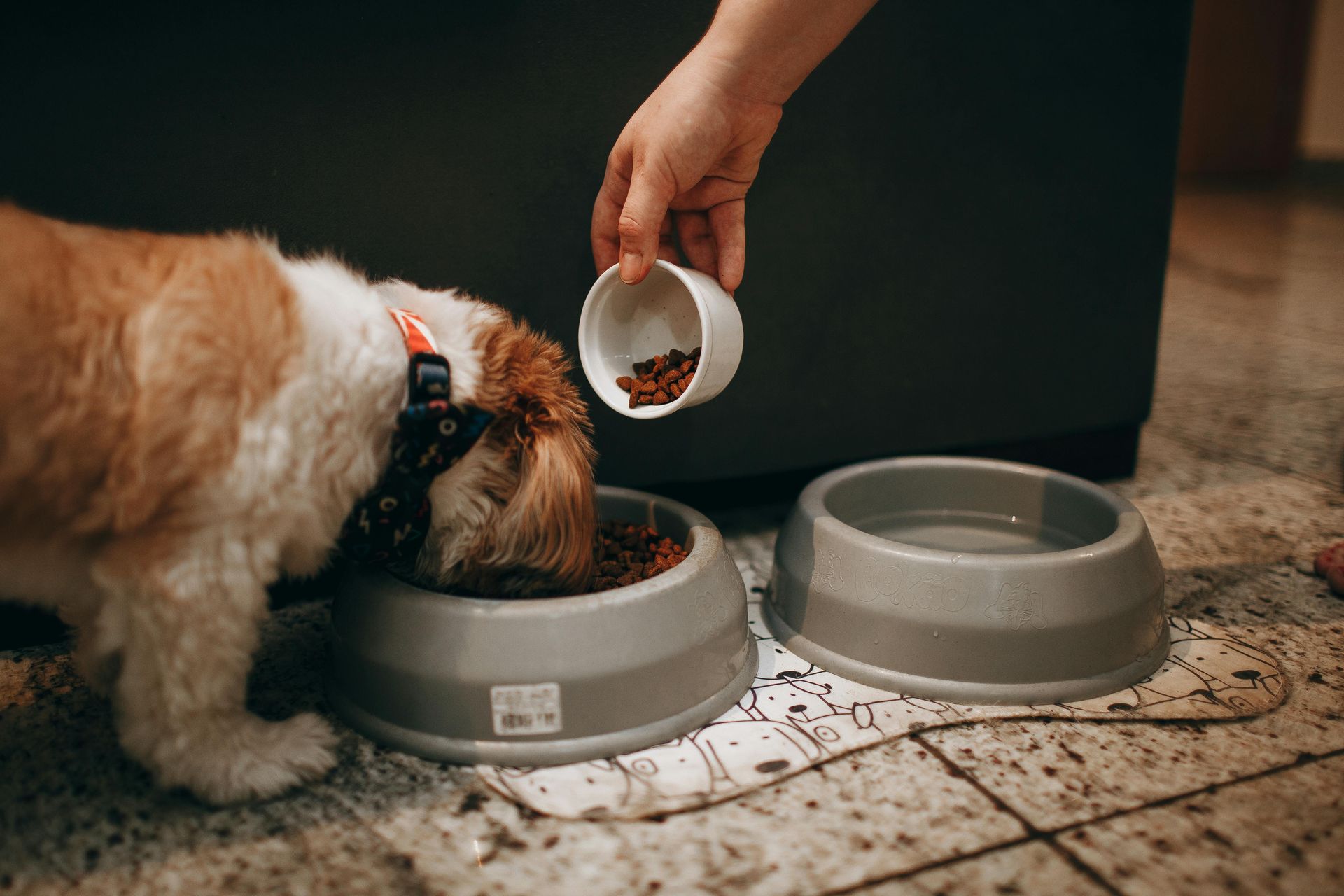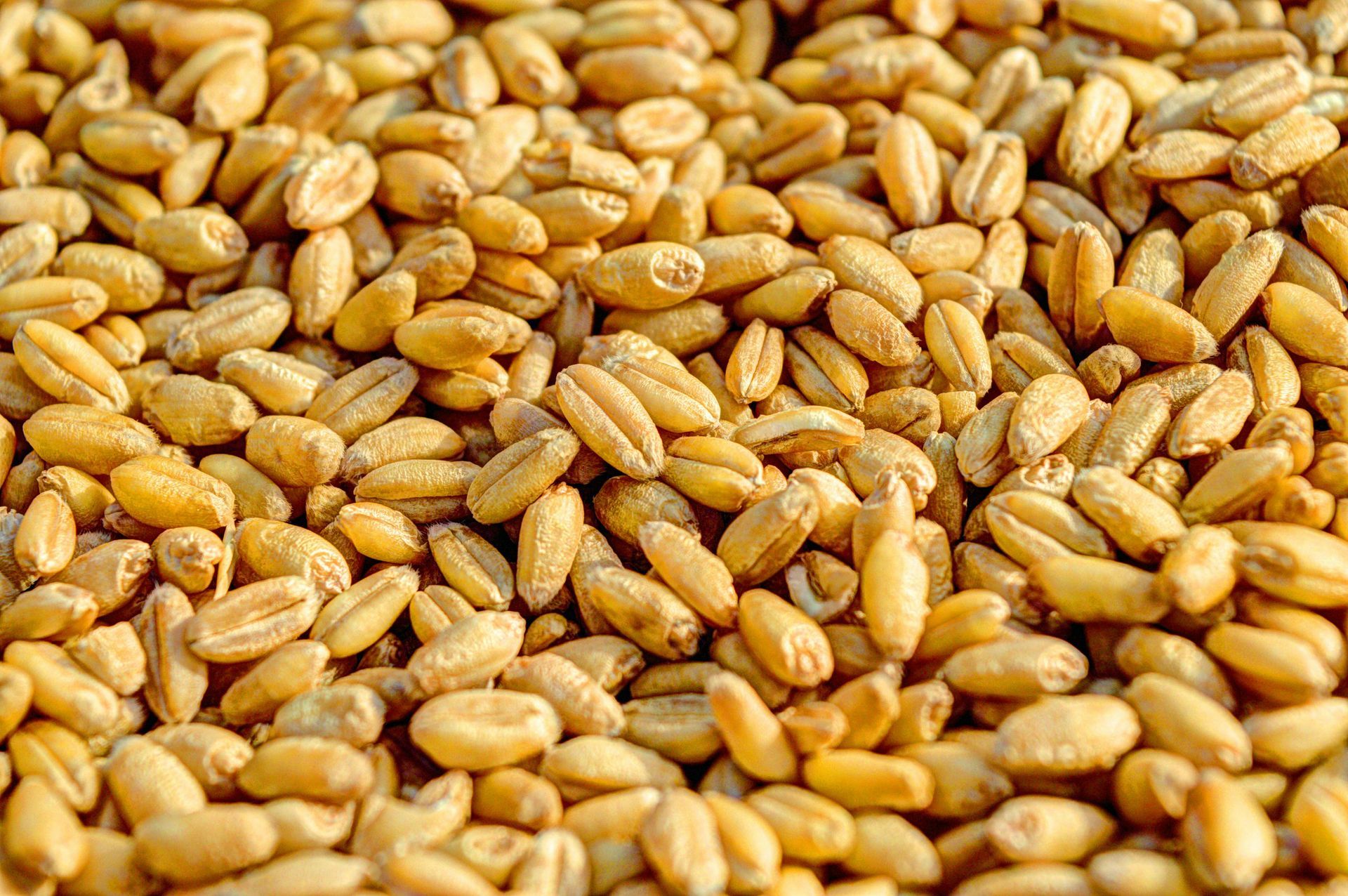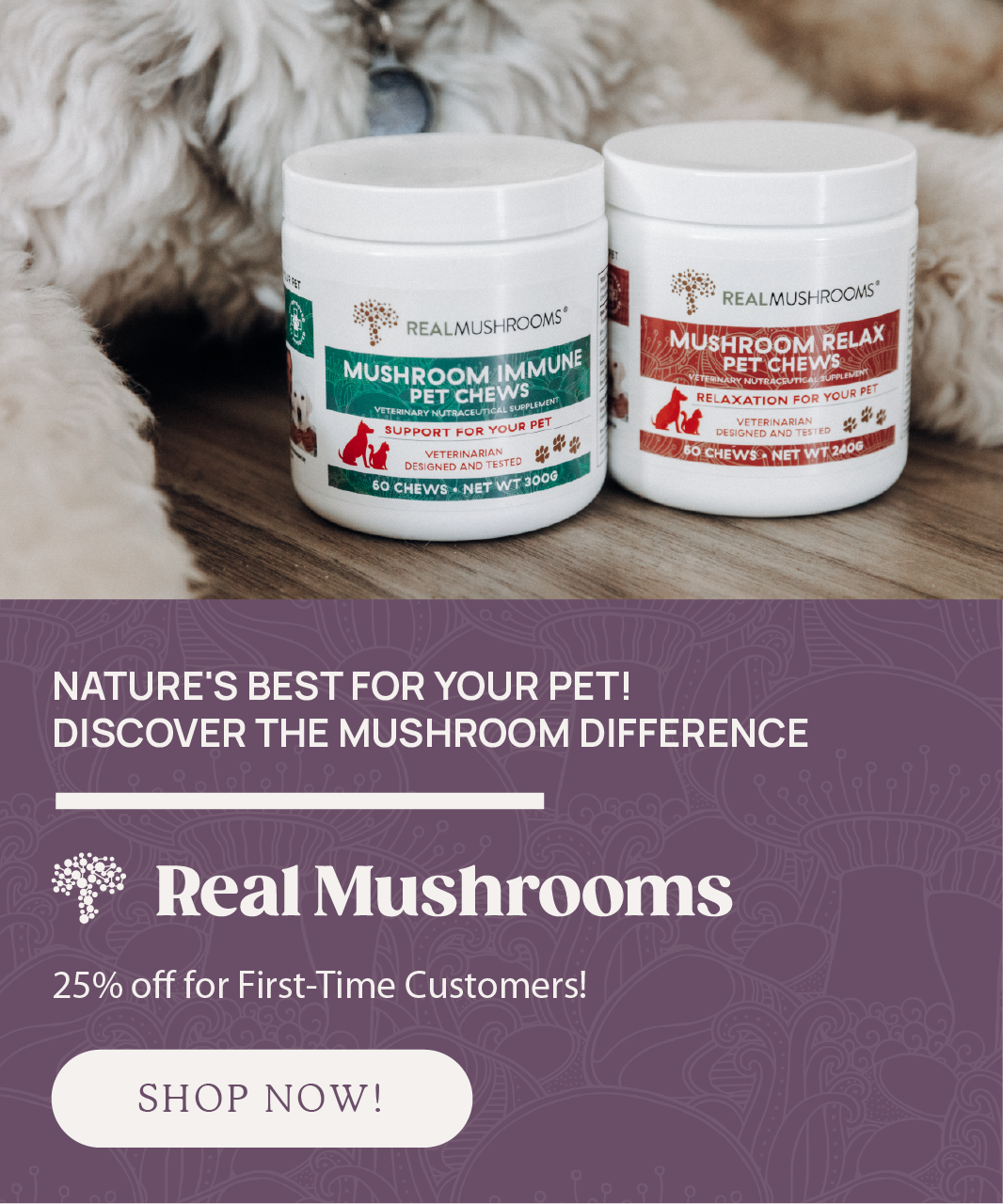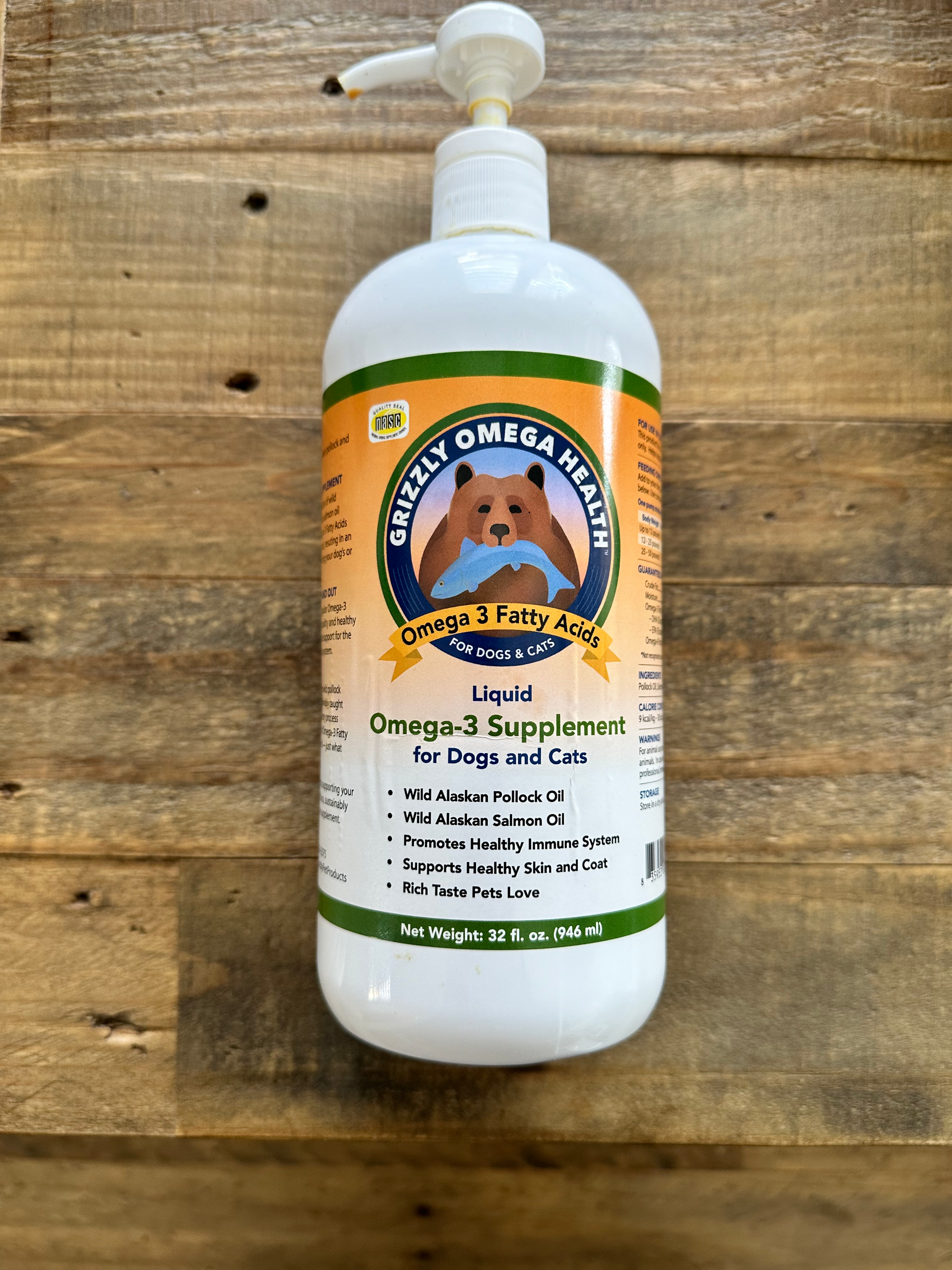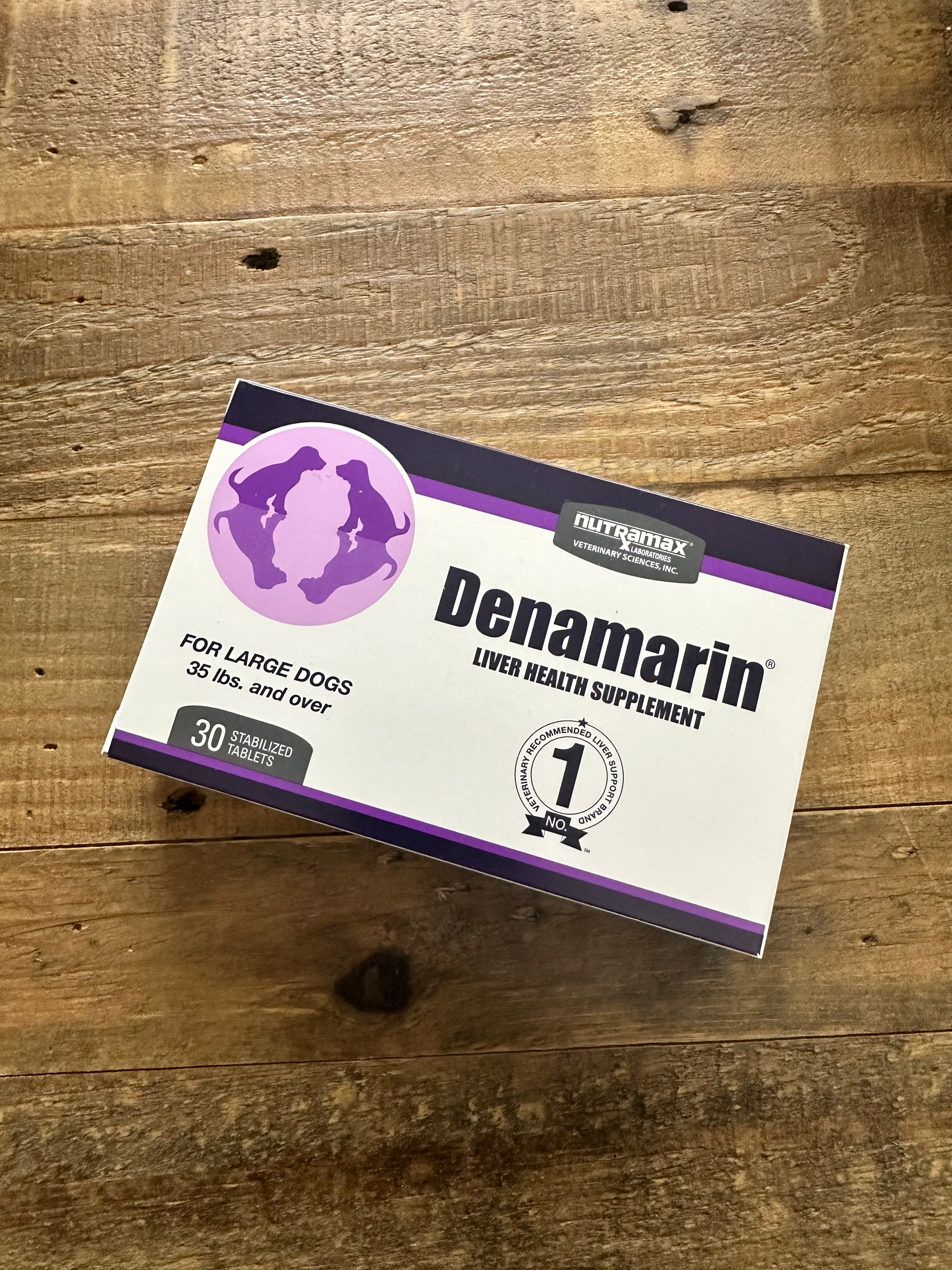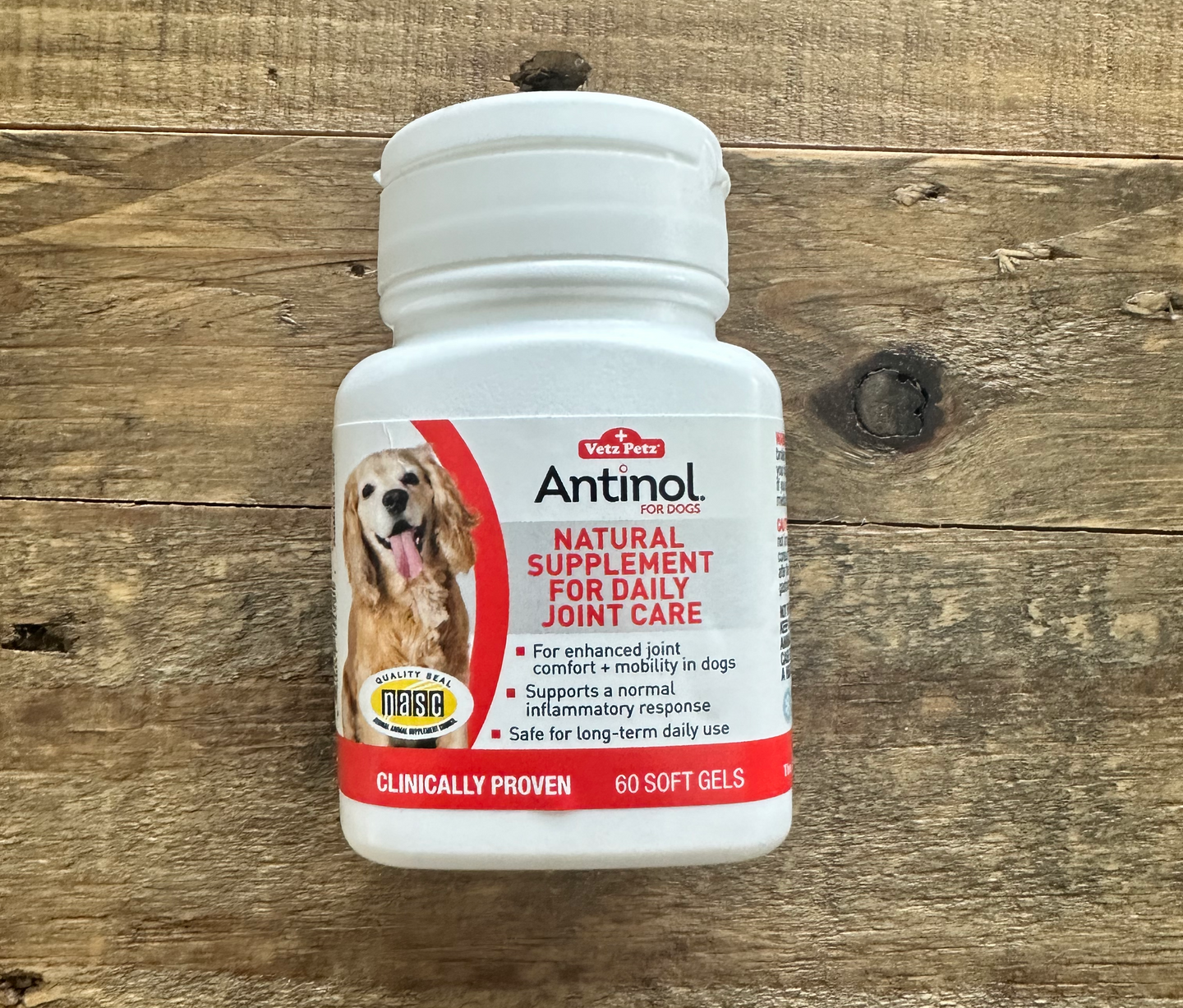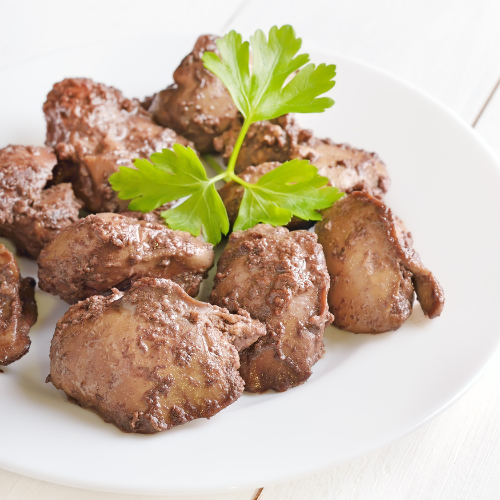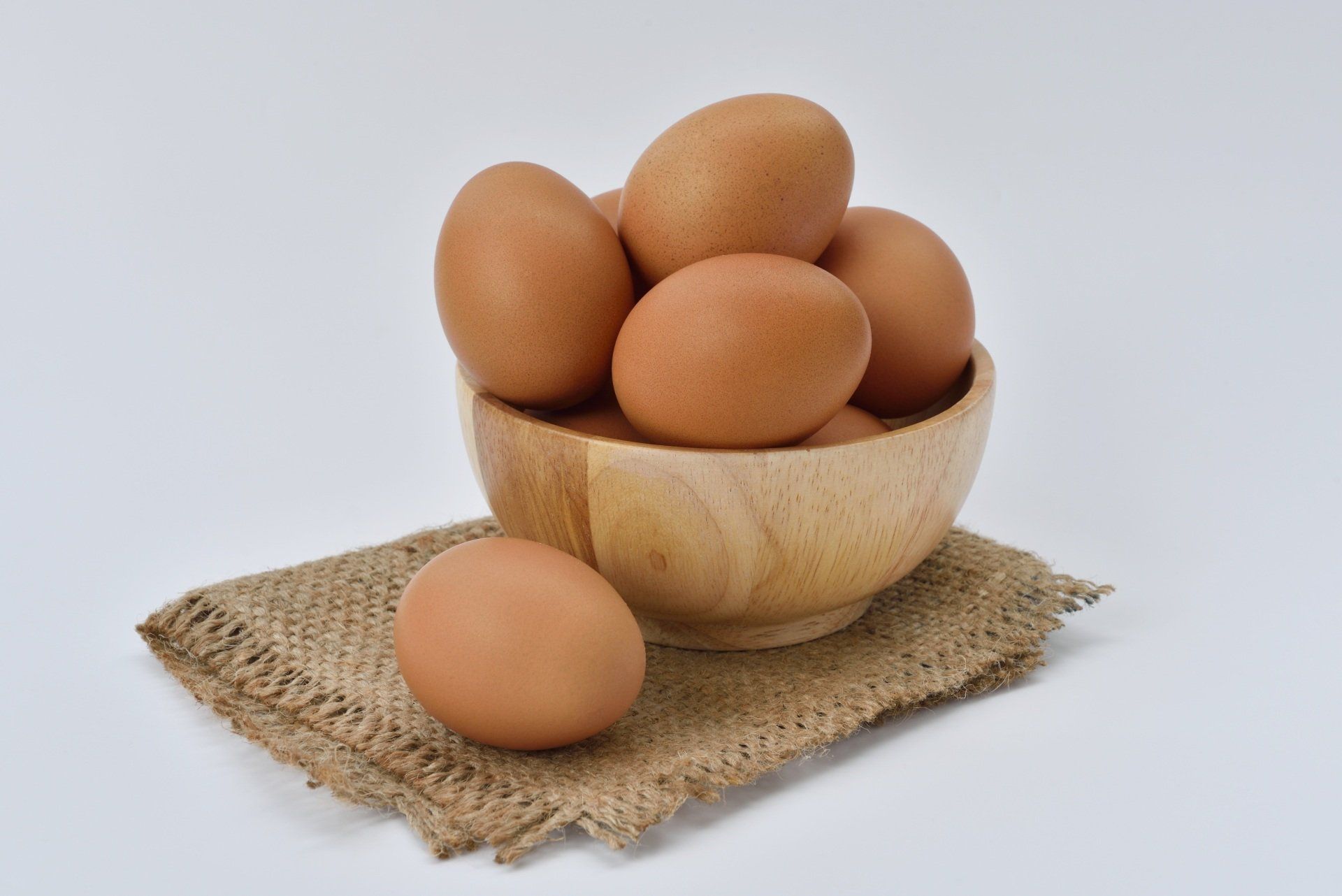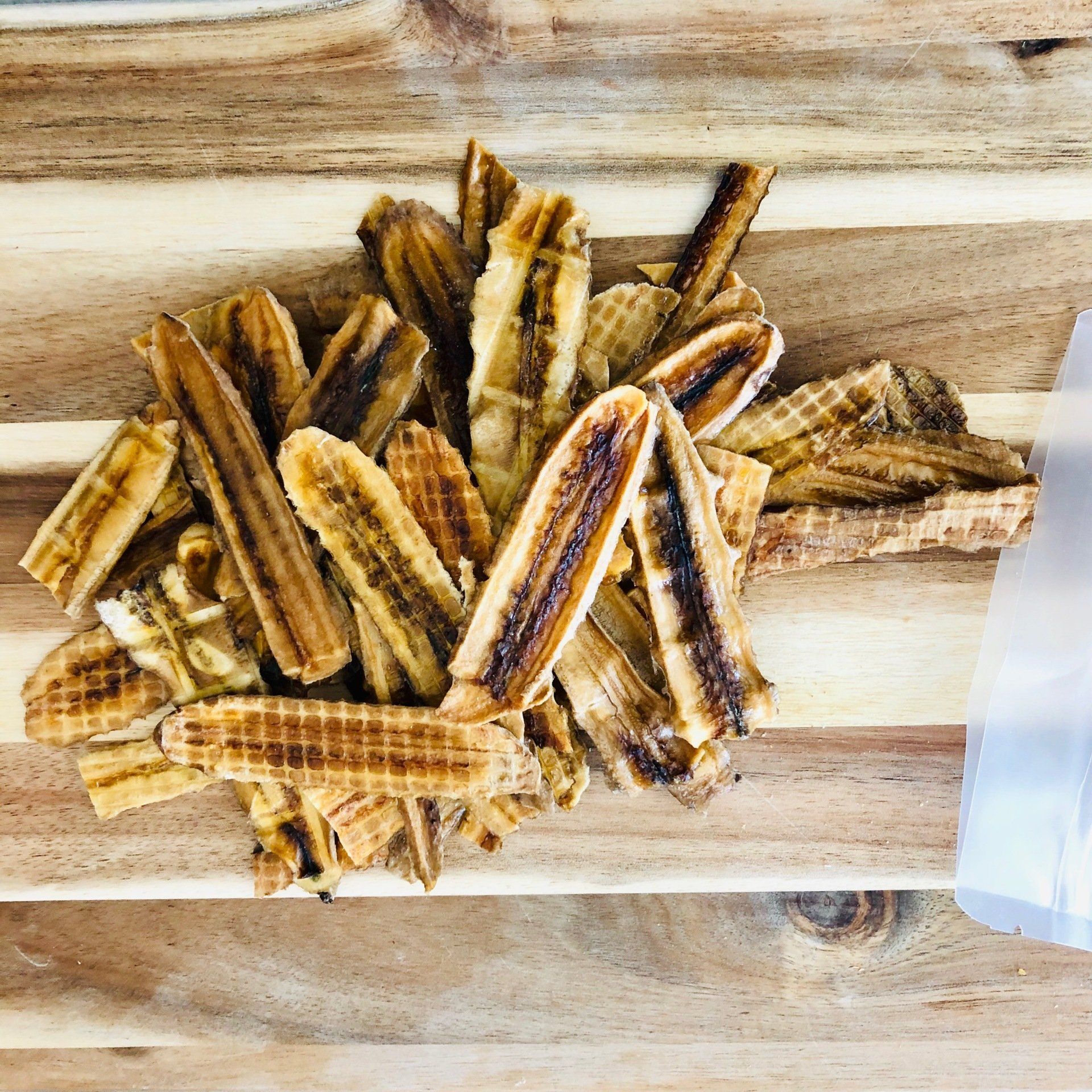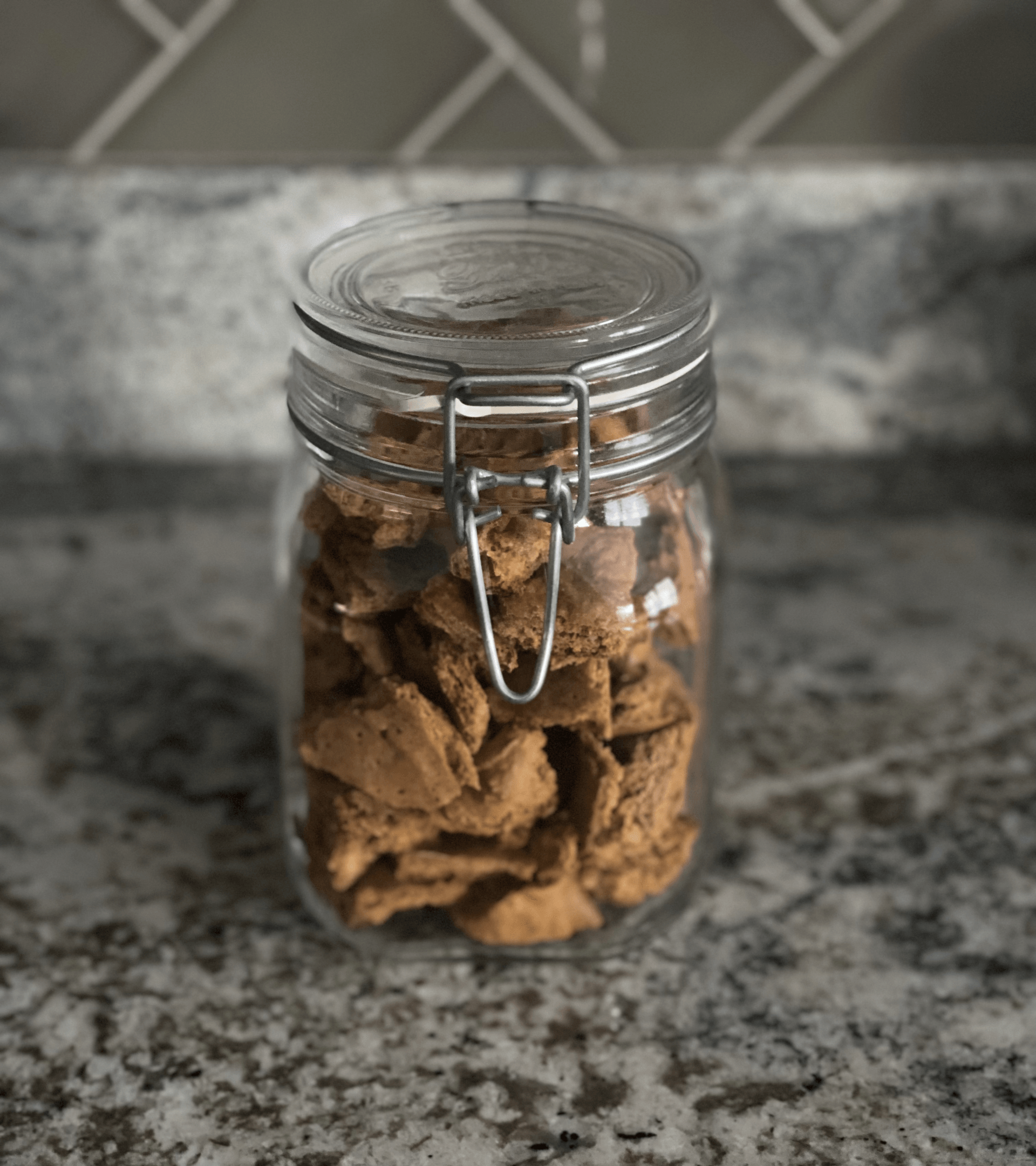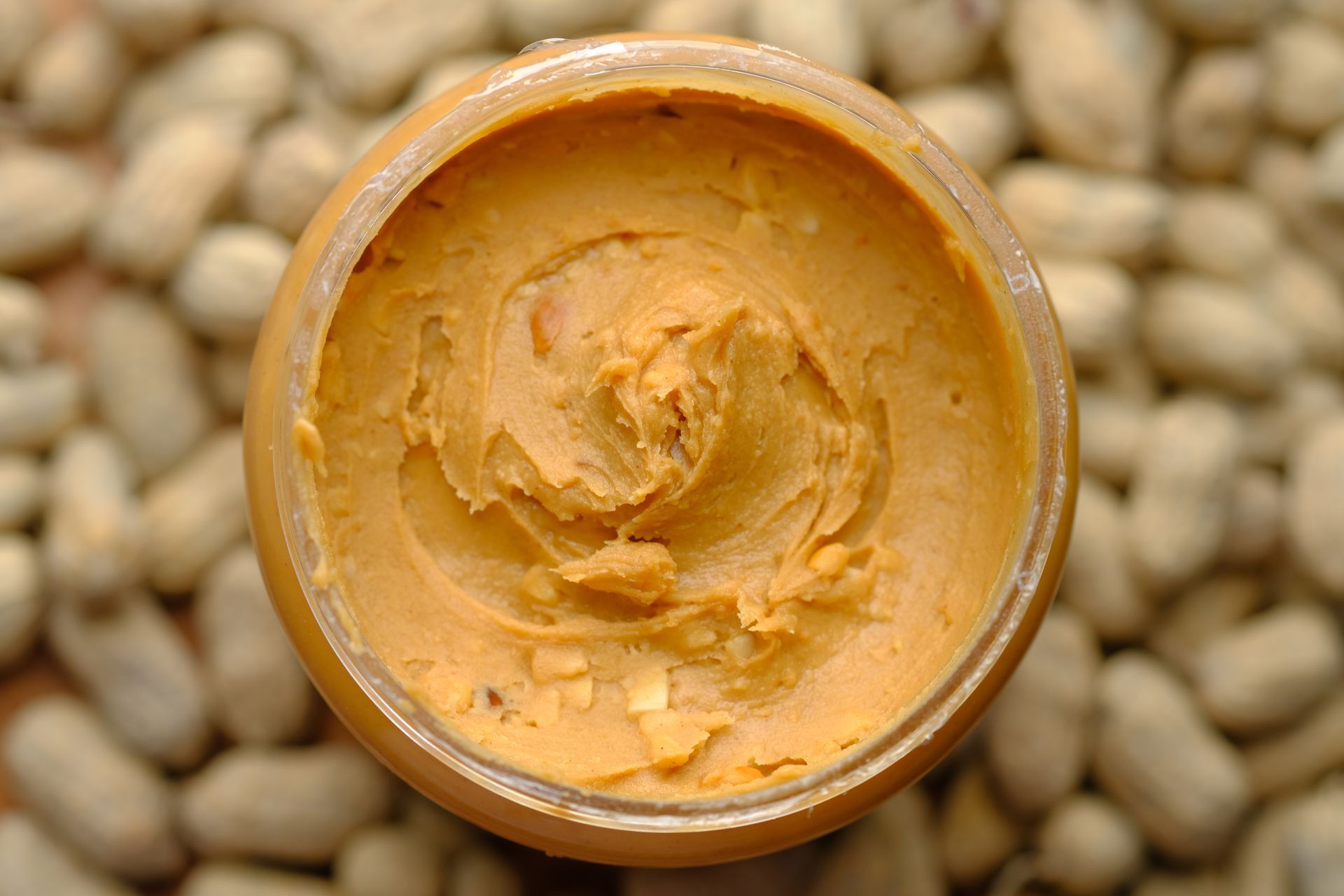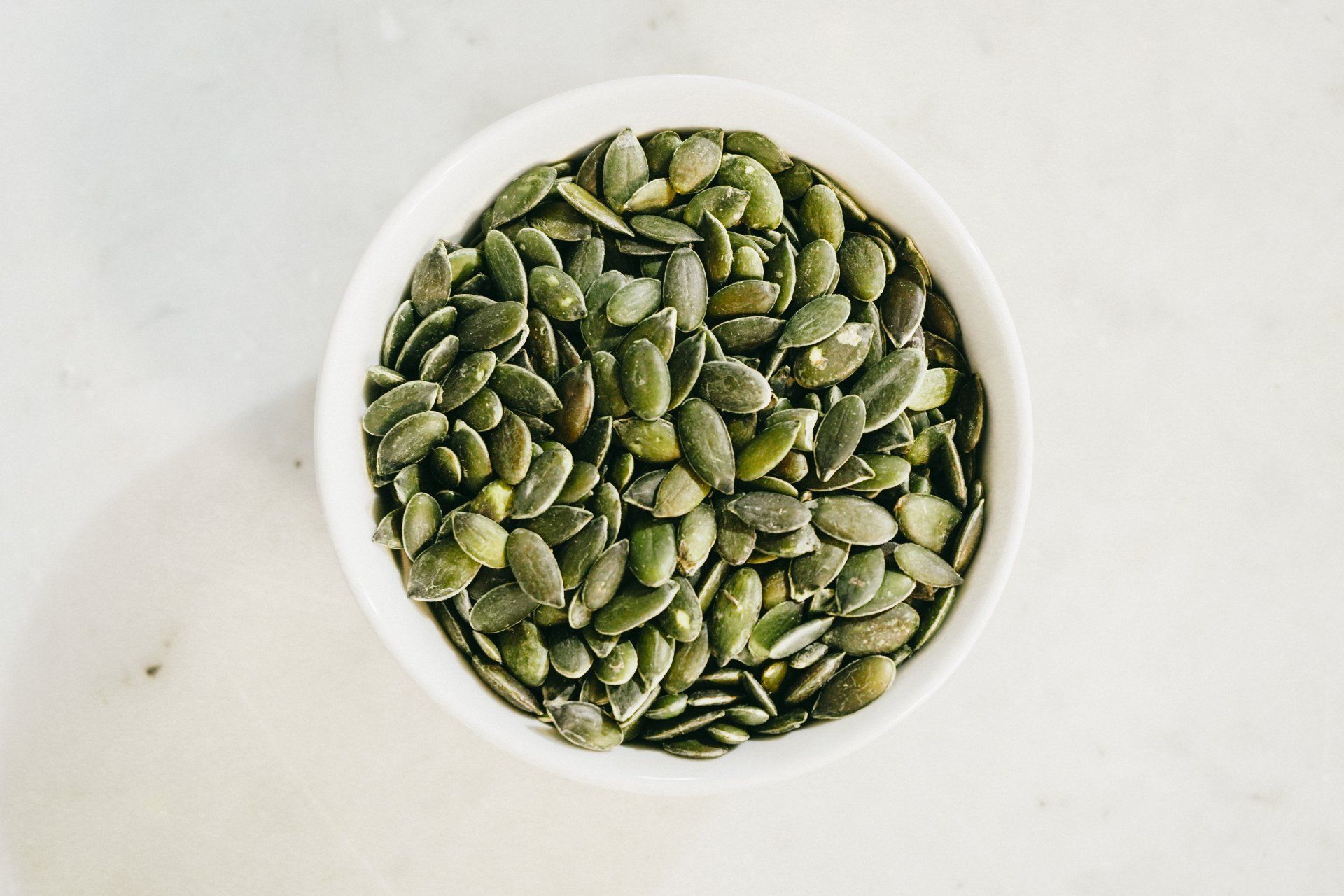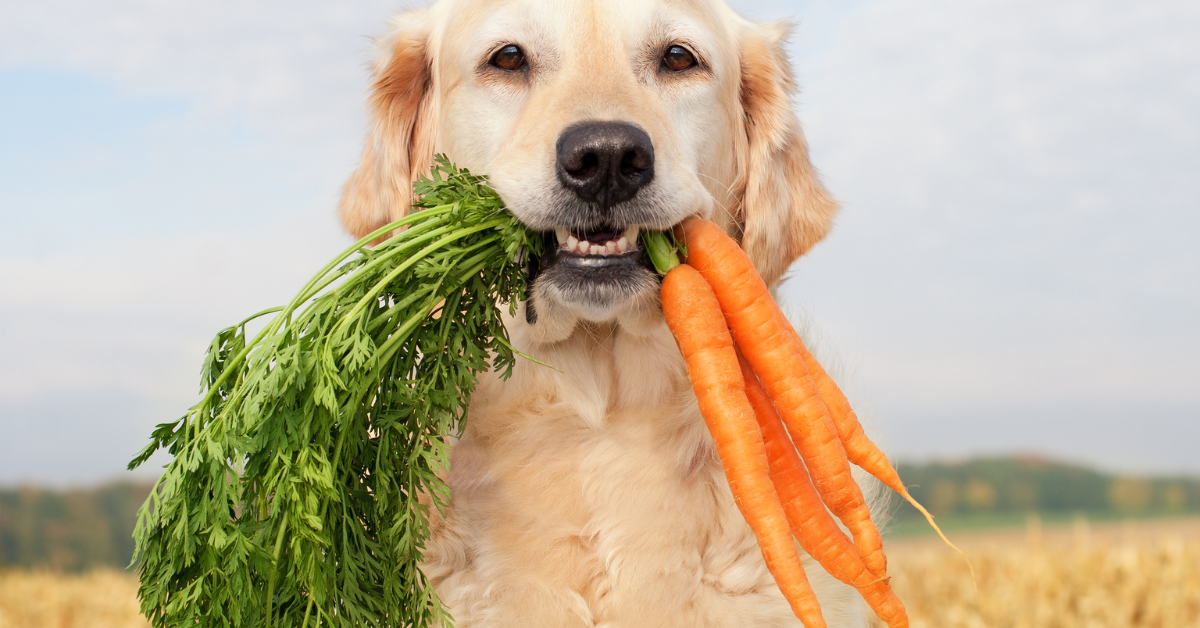ARTICLE
Eggshell Calcium Recipe: A DIY Supplement for Homemade Dog Food
This post may contain affiliate links and we may be compensated for any purchases made via links. Please read our
disclaimer policy
.
undefined
A Nutritional Breakdown of Quinoa and Its Role in Homemade Dog Food
Quinoa is an excellent source of protein, high in fiber, and rich in essential vitamins and minerals – keeping your canine healthy inside and out. Discover the main benefits of feeding your pup quinoa-based meals, alongside all you need to know about pet nutrition.
However, before we jump in, let's briefly discuss grains for dogs. There has long been controversy about whether or not one should feed their dog grains. If you would like to explore the reasons for each side please take a look at our article
Grains in
Dog
Food: Separating Hype from Health
. At Fidos's Bowl, we believe that grains (whole grains, that is) can be a benefit in homemade dog food, not only for nutritional reasons but grains help keep the cost of homemade dog food down. Quinoa is an excellent example.
The Nutritional Benefits of Quinoa for Dogs
Quinoa is an excellent source of protein, making it a great addition to your dog's diet. Dogs require protein for healthy skin and coat, strong muscles, and overall growth and development. Quinoa is a complete protein, which means it contains all nine essential amino acids that dogs need but cannot produce themselves.
Quinoa is also rich in vitamins and minerals. It contains high levels of magnesium, potassium, and phosphorus, which are essential for healthy bone growth and maintenance. Quinoa is also a good source of iron, which helps transport oxygen throughout the body and supports healthy blood cell formation.
One of the unique features of quinoa is its low glycemic index. The glycemic index is a measure of how quickly a food raises blood sugar levels. Foods with a high glycemic index can cause blood sugar spikes, which can be problematic for dogs with diabetes (yes, dogs can get diabetes). Its low glycemic index, means quinoa can help regulate blood sugar levels and prevent spikes in glucose.
The Immune-Boosting Properties of Quinoa
Quinoa and Canine Digestion
Quinoa's high fiber content can also help regulate bowel movements in dogs. Adequate fiber intake is essential for maintaining healthy digestion and preventing constipation. The soluble fiber in quinoa can also promote the growth of beneficial bacteria in the gut, which can aid digestion and overall health.
Compared to other grains, quinoa is also less likely to cause allergies or sensitivities in dogs. Wheat and corn are common allergens in dogs, and many commercial dog foods contain these ingredients.
When feeding quinoa to your dog, it's important to cook it properly and in moderation. Overfeeding quinoa can lead to digestive upset, so it's best to start with small amounts and gradually increase the serving size.
Incorporating Quinoa into Homemade Dog Food Recipes
- Rinse the quinoa thoroughly before cooking to remove any residual saponins, which can cause digestive upset in some dogs.
- Cook the quinoa in water or low-sodium broth until it's tender and fluffy. Avoid using any seasonings or spices, as they can be harmful to dogs.
- Once the quinoa is cooked, mix it with other ingredients to create a balanced meal.
Here's a simple quinoa-based recipe you can try:
Ground Beef with Quinoa Homemade Dog Food Recipe
Final Thoughts: The Benefits of Quinoa for Homemade Dog Food
Quinoa is also easy to digest and can promote healthy digestion in dogs. Its low glycemic index can help regulate blood sugar levels, making it an ideal ingredient for dogs with diabetes. When incorporating quinoa into your dog's diet, it's essential to do so gradually and in moderation. Always consult with your veterinarian before making any significant changes to your dog's diet to ensure it's appropriate for their specific nutritional needs.
Quinoa can be a great addition to homemade dog food recipes, providing a nutrient-dense alternative to traditional grains and helping to promote your dog's overall health and well-being.



